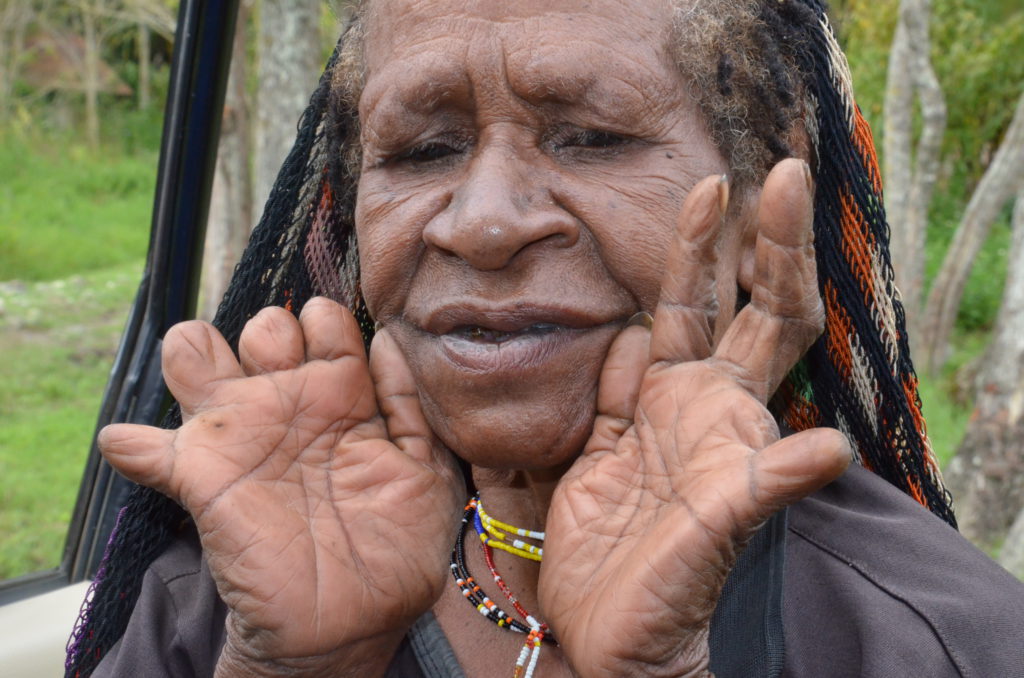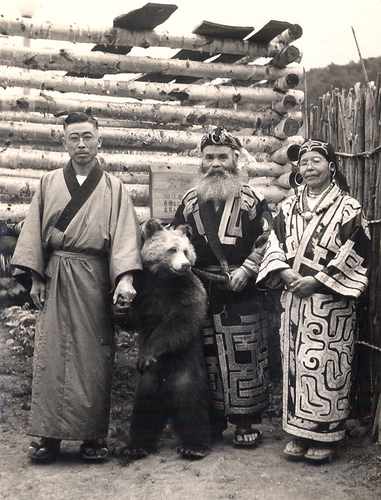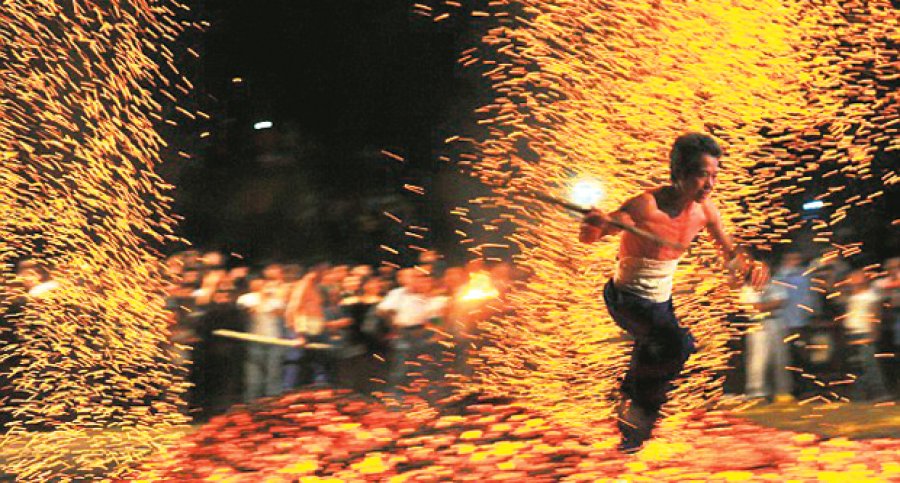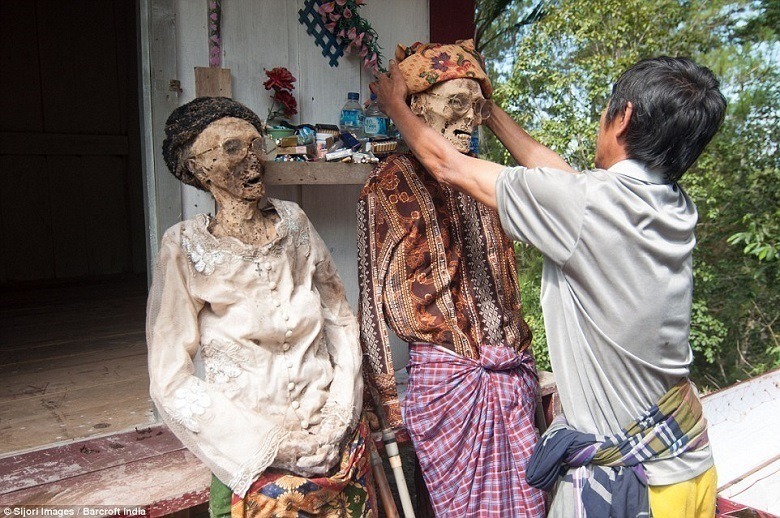Cultural taboos have long been part of human civilization. Some are nasty, some are shocking and some are downright disgusting. Weird (for lack of a better word) can be used to define these practices, however, even in the 21st century you will find these practices being observed in high regard – carried out with the same rigor as it used to be at the time of their forefathers.
Let’s quickly jump into some:
1. Chopping off Fingers

Dani tribe of Indonesia is popular for a taboo where the women are subjected to endure immense physical pain, in addition to the emotional trauma. The death of a family member somehow becomes a burden for them as they are required to express the grief of a loved one’s passing by cutting off a finger.
Sick is what I’d say as if losing family wasn’t enough! But I’m not here to judge. Before chopping off fingers, they are tied to a string (for 30 minutes) so as to numb them and in turn save them “pain”. Once the “operation” is performed, fingertips are burned to create a fresh scar tissue. This is Dani’s way of honoring ancestral ghosts.
2. Endocannibalism

Here it’s the Yanomami tribe living in the Amazonian rainforest nearing Venezuela and Brazil. The tradition of Endocannibalism runs deep in the tribe. They kind of consume the flesh of their deceased ones belonging to their own tribe (no it’s not Dr. Hannibal Lecter or Cannibal Holocaust at play) but yeah they have a BBQ night planned ahead as result of some poor tribesman’s death.
What they do is they leave the body for like 30-45 days wrapping it up in leaves and allowing for the insects to pick at it. At the end of the aforementioned period, they collect bones, crush it and are added with banana soup (bon appétit). A year later the ashes are coupled with plantain soup (yep you can read that again) for consumption. Apparently, these guys are helping spirits find their way to Paradise by having their remains with soups of all kinds.
3. Dead Men Walking

I have seen all the Walking Dead episodes, I have seen the Undertaker walk the ramp towards the ring, I have played all the Left for Dead, Dead Alive and all those sorts of games, I have been to funerals but nothing comes close to dressing up the dead and have them take a stroll around the town.
This practically what Toraja people of Indonesia do by designing special garments for their dead (children and decades old bodies are unearthed) where the corpses are strolled around the village before being returned to their graves. It is to honor by way of having them see their birthplace if they died while being outside their village.
4. Bear Worship

Ainu people, indigenous to parts of both Russia and Japan have a custom of sacrificing bears. It has a more religious undertone to it than customary but to them, bears are gods walking among men and their sacrifice is intended to sanctify humanity.
From an outsider’s perspective, it can be termed as grisly. Why? It is because the exercise involves hammering a hibernating female bear in her cave around her cubs with spears. Next, the Ainu tribe drinks her blood and places her skull on top of the spear so as to symbolize it for worship (oh, the brutality).
5. Walking the Burning Coal

In some parts of China, husbands are required to walk over burning coals while carrying their brides before stepping into their house which as per tradition (of course) certifies that they (the wives) will have relaxed and fruitful labor. You can also label it as ‘fire walking’ ceremony.
There you go, Taboo-ish compilation to get you through the day! You’re welcome.
Author Bio: Isla Janette is a traveler, Cultural Critic and a Blogger of Dissertation Service at Dissertationhelpdeal.co.uk . She loves exploring new cultures, traditions, and taboos around the world. She also loves writing poems and couplets.

